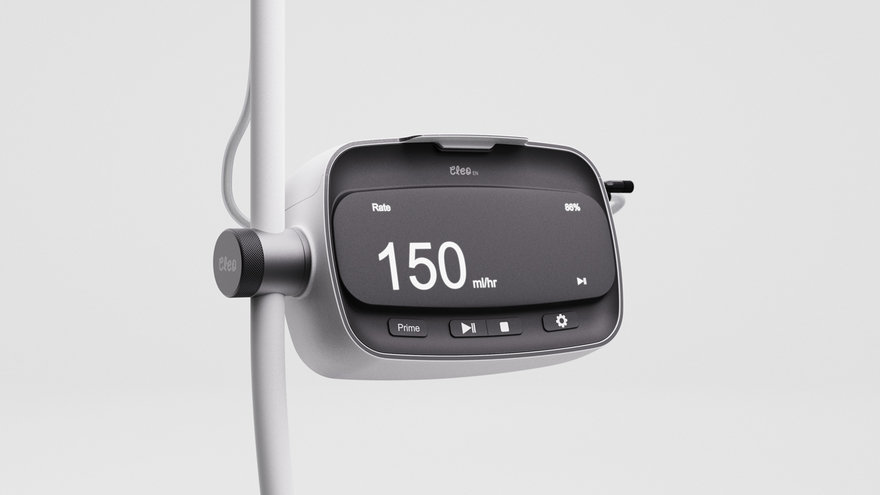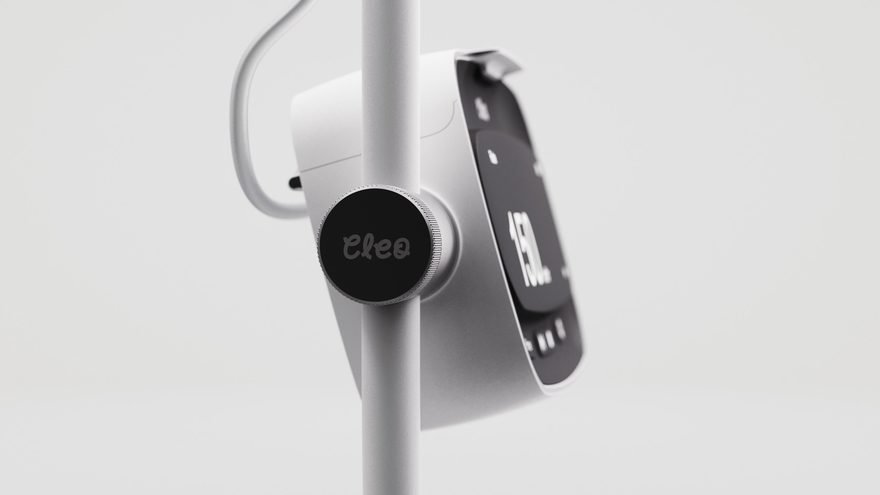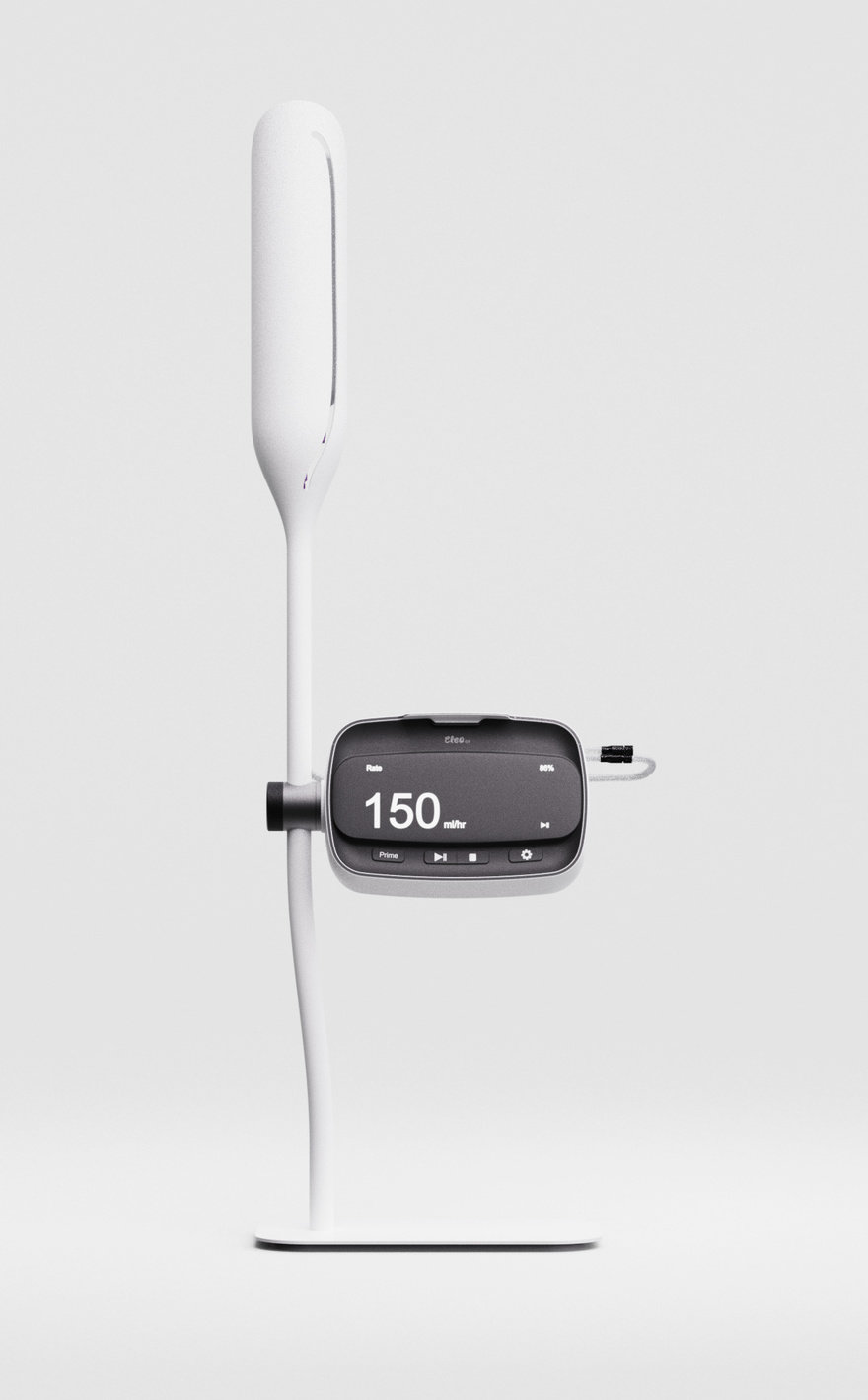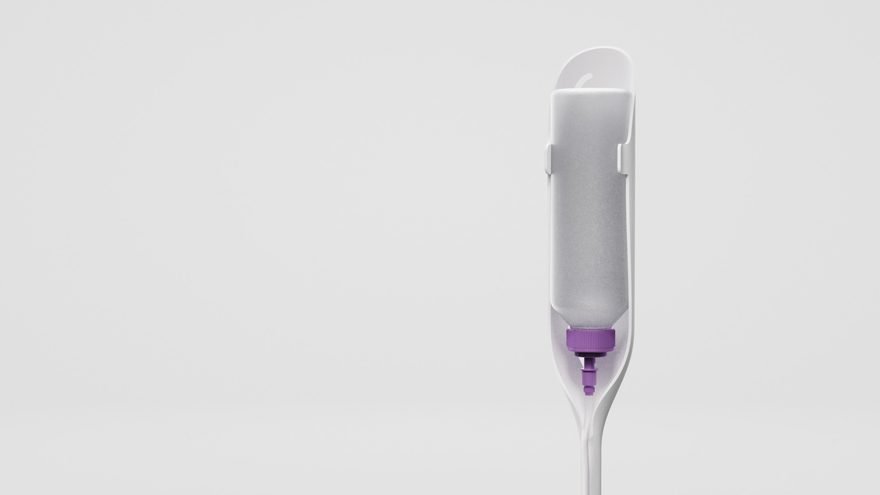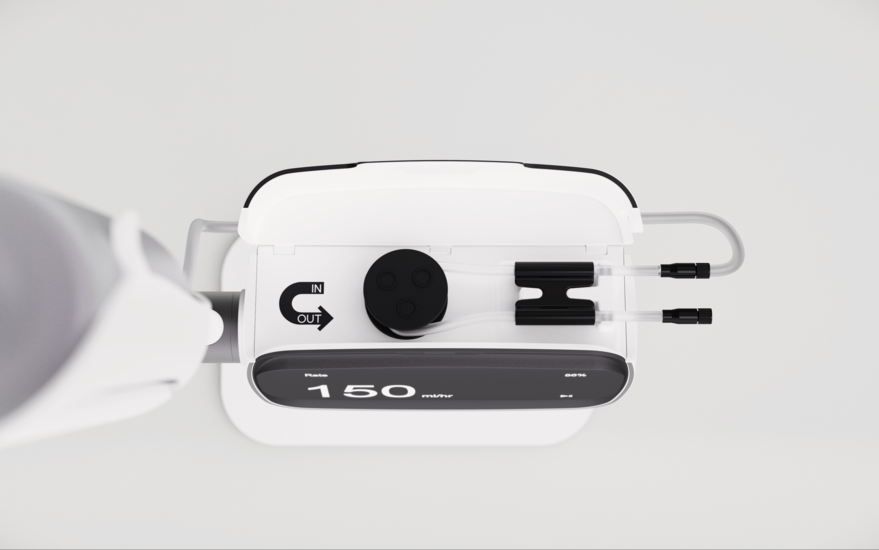The design of personal medical devices has long been solely driven by functionality, often lacking any aesthetic appeal. This approach has resulted in products that resemble clinical equipment, giving them a sterile and impersonal appearance. For individuals already grappling with health challenges, the last thing they need is the additional stress or embarrassment that can come from using these devices. On behalf of our client FLYNN developed Cleo EN, we think realising in the industrial design, the importance of addressing this gap in design thinking of medical devices. People who rely on medical devices deserve more than just utilitarian tools, they deserve stylish options that empower them and allow them to feel designers have invested in their wellbeing, which we all know is increasingly driven by epigenetics and thus having a positive impact on wellbeing.
Cleo EN was a project which spanned research design , concept development and design for manufacture. we have made it a priority to enhance the aesthetics of these devices, ensuring they integrate into the user's home environment and contribute to a positive experience. Our focus went beyond functionality; bringing enjoyment and satisfaction to the users. Cleo is not just a medical device; its thoughtfully designed to consider the user's lifestyle and surroundings. With a close attention to sculptured form, balance and poise, materials and simplicity, Cleo EN realises this positive change in medical device markets. We also paid close attention to a GUI which worked in low light, was streamlined to make things simple even for those with visual compromise. Cleo EN forms a high watermark in the enteral feeding pump space.

